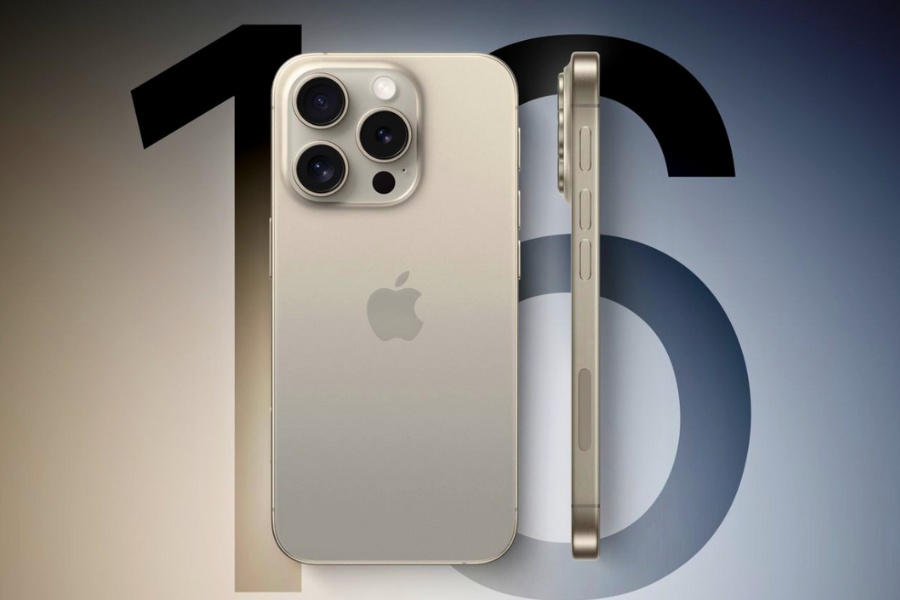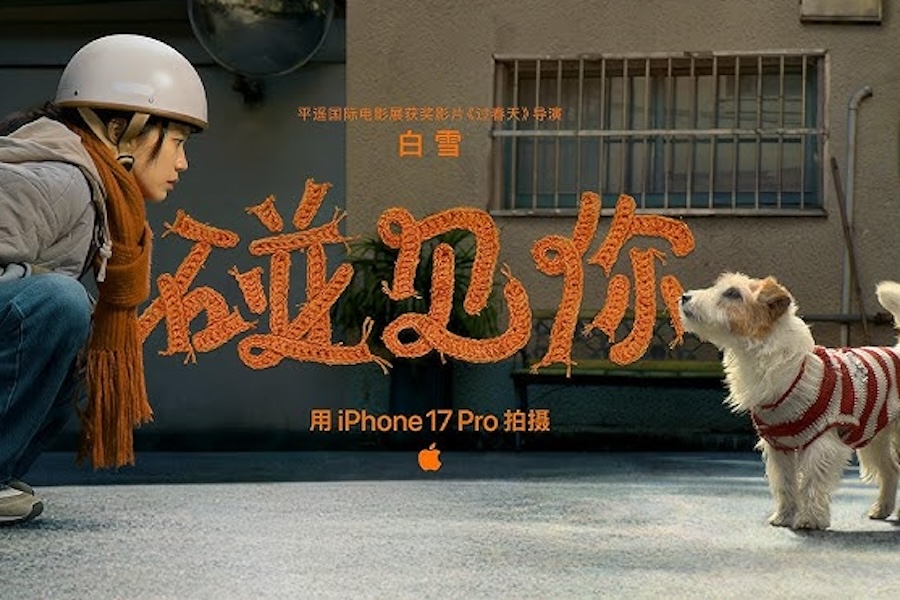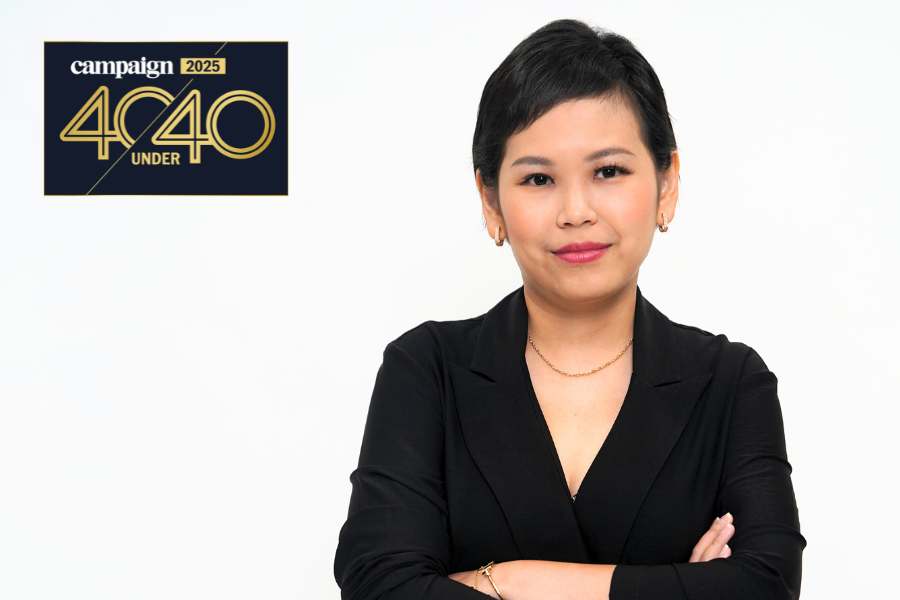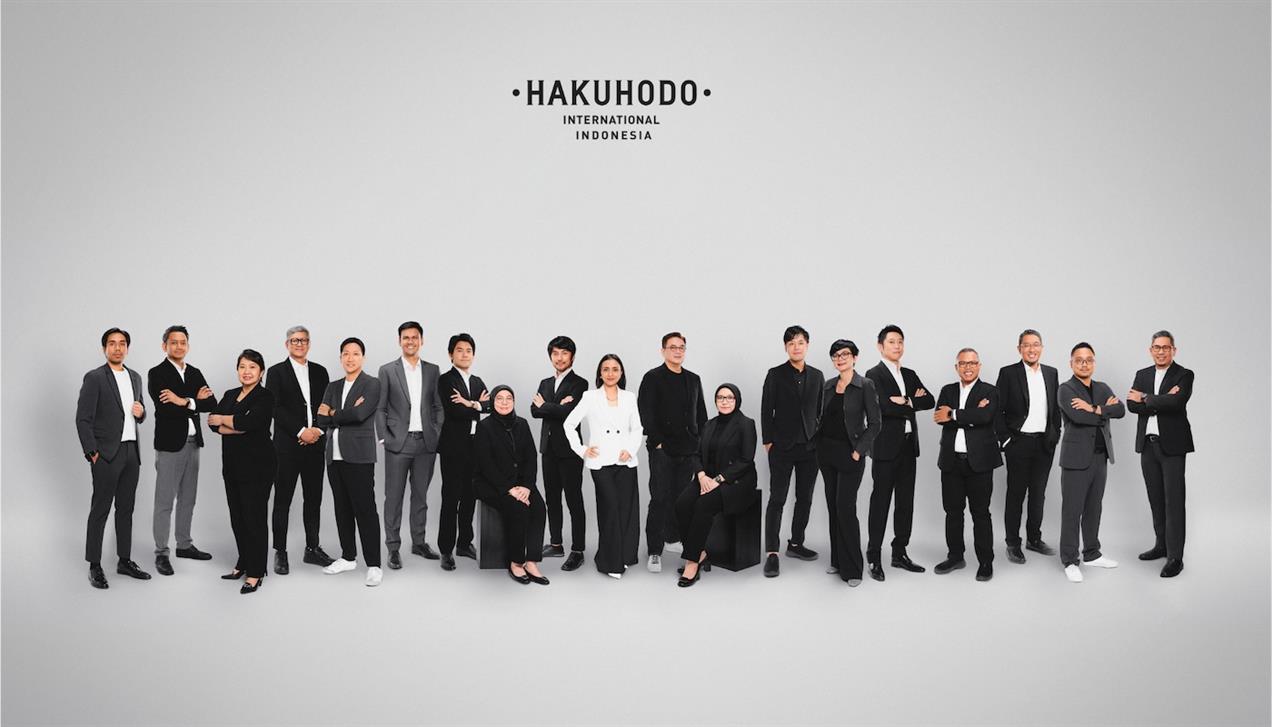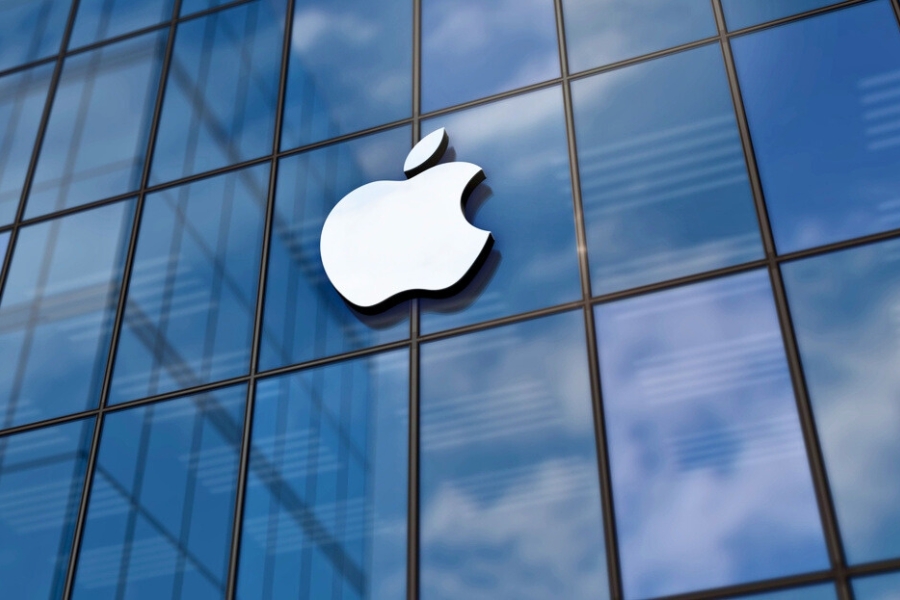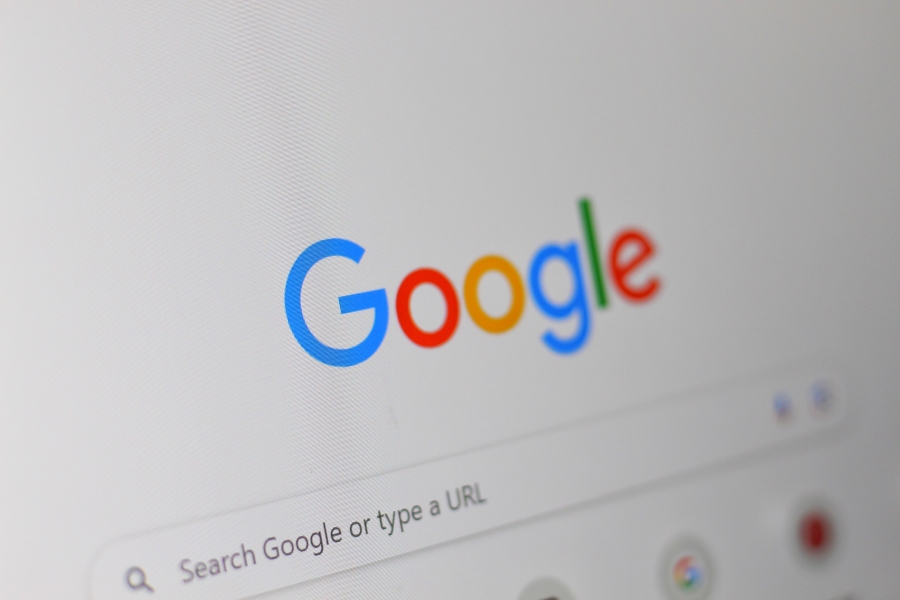Apple has been barred from marketing and selling its iPhone 16 in Indonesia due to non-compliance with the country’s local investment and manufacturing regulations. The Ministry of Industry cited Apple’s failure to meet the requirement that 40% of smartphones and tablets be sourced or produced locally.
In a press statement released on Friday, the ministry explained, “iPhone 16s imported by registered importers cannot be sold in the country since PT Apple Indonesia has yet to fulfil its investment commitment to obtain ‘local content level’ certification on innovation.” This refers to Apple’s local subsidiary, PT Apple Indonesia.
According to media reports, PT Apple Indonesia has fallen short of its promised 1.7 trillion rupiah ($108 million) investment, having only invested 1.5 trillion rupiah ($95 million) so far. While Apple has established four developer academies in Indonesia, it has yet to commit to building a manufacturing facility—something Indonesian authorities have been pushing for. In April, Apple CEO Tim Cook acknowledged the government’s request for local manufacturing during a meeting with President Joko Widodo, but made no firm commitments, stating only that the company would "look at" the possibility.
The Ministry of Industry also noted that approximately 9,000 units of the iPhone 16 have entered Indonesia via travellers and postal deliveries since its launch. While these devices are allowed for personal use, they are strictly prohibited from being sold commercially. The ministry further clarified that Apple’s older iPhone models remain available for sale in the country.
Indonesia’s local content regulations are part of a broader strategy aimed at attracting foreign investment and strengthening domestic industries. However, these rules—varying by industry—have been criticised as protectionist and sometimes viewed as deterrents for potential investors. Still, Indonesia represents a massive market for Apple, with around 354 million active mobile phone users, outstripping the country’s population of about 280 million, according to the ministry.
The sales ban also coincides with a political shift in Indonesia, as newly elected President Prabowo Subianto takes office. Subianto has pledged to introduce investment-friendly policies, yet the continued enforcement of strict local content requirements suggests that Indonesia will maintain its focus on onshore production, echoing the nickel ore export ban implemented under former President Joko Widodo.
Apple has not yet responded to the ban.

